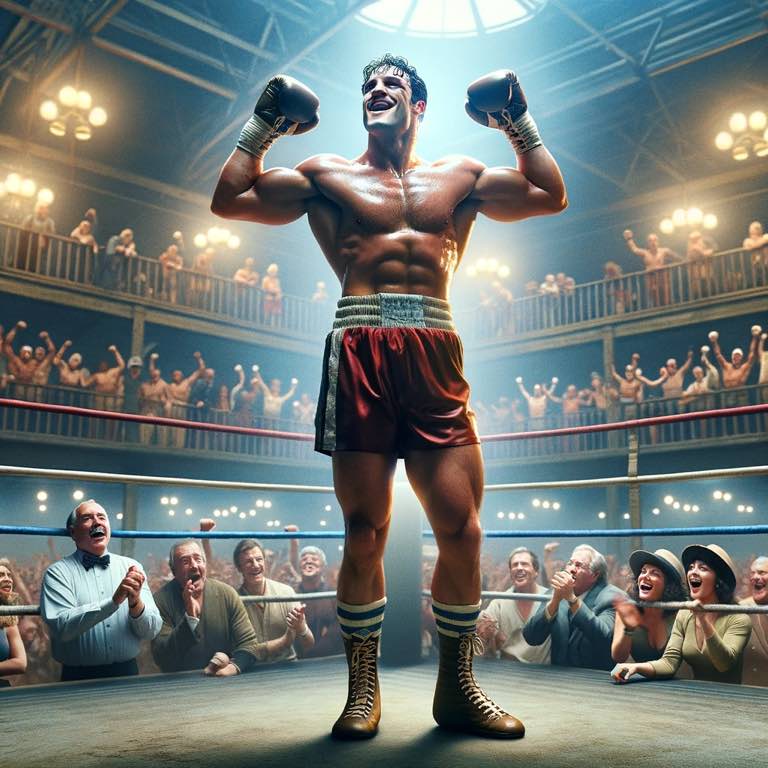Just watched this clip:
Important discussion points: as a novice you’re worried about where to go or picking the wrong thing.
I remember not taking an opportunity to learn C++ because “that’s not what I want to do”. In another occasion I wanted to learn PySpark over SQL because Python…
While I don’t regret that choice per se, because I chose something else I was interested in, I’ve largely come to realize that I don’t care what programming language I’m using. I care about getting the job done.
Also, I’m probably over the 10,000 hours of something, I just don’t know what. Am I an ML expert? Data expert? SQL? Python? R?
Is it the application of the skill that makes you an expert? I’m not sure. Because I think novices can do some incredible things if they hone in.
If you read one book on a topic, you’re by no means an “expert”, but you probably know more about that topic than 99% of the nation. I learned this when I spent 6 months diving into the home security industry for my first job. Pretty sure I knew more about that than anyone I spoke to. Was I an expert? I really only had maybe 300 hours. Maybe I was inexperienced. Sure.
And who spends literally 10,000 hours on any one thing? Like 10,000 hours on XGBoost? Image classification? Deep learning? Machine learning? A/B testing? Spreadsheets? Generalist vs specialist, etc. if you’re an ML scientist at Google, you worry about very different things than an ML scientist at a startup. At a startup, you worry about your bigquery allocation and pipeline failures. At Google you worry about what your 5th skip VP is going to deprecate that month.
That’s just the nature of education. There are so many things in the world to know…that being an “expert” is a relative thing. But I agree that working hard and learning useful things helps you innovate faster.

Last thing, the crux is: don’t compare yourself to others. Compare yourself to yourself. That’s how you assess your progress.
But I’d argue: why even compare yourself to yourself? Compare your solution to the problem. Does it matter if you have 10,000 hours? No. What matters is if the solution fits. This is why innovations and disruptions come from unexpected places: because novices can nail solutions.
_________________________
Bryan lives somewhere at the intersection of faith, fatherhood, and futurism and writes about tech, books, Christianity, gratitude, and whatever’s on his mind. If you liked reading, perhaps you’ll also like subscribing: